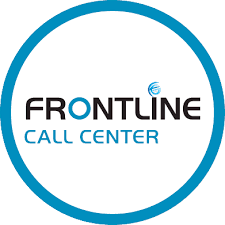Top 10 Best Practices to Address State Unclaimed Property Programs
How should holders of unclaimed property address state laws and enforcement programs? Holders should follow these top 10 best practices to understand their risk profile, mitigate risks appropriately (if any) and comply with ongoing state escheat laws.
- Identify if your company at the parent or subsidiary levels has filed unclaimed property returns in applicable states, including identifying (a) states filed in, (b) years reported, (c) property types and amounts reported, (d) state of incorporation/formation and (e) date of incorporation/formation, amongst other factors.
- Identify if your company at the parent or subsidiary levels has undergone an unclaimed property audit or participated in a voluntary disclosure agreement (VDA), and, if so, document for what states, property types and years covered.
- Identify if your company at the parent or subsidiary levels has undergone a bankruptcy proceeding that may preempt state escheat laws.
- Determine if your company has written unclaimed property policies and procedures.
- Evaluate if your company’s record retention policies for the treasury department, tax and related information are consistent with the average state reach-back periods of 13–15 years (e.g., monthly bank statements, monthly void and outstanding listings, monthly reconciliations, check registers, void and check paid support, settlement documents, tax returns, merger & acquisition documentation).
- Identify if your company or its subsidiaries have system conversions or limitations to obtaining data and researching data in the record retention period identified in No. 5 above, for what property types and for what years.
- Determine locations where your organization has significant customers, vendors and employees through state income tax apportionment workpapers coupled with customer, vendor and employee master maintenance files.
- Identify any unclaimed property reserves on the balance sheet.
- Identify any write-off or reclass accounts for accounts receivable credits.
- Identify any dummy customer or unapplied cash accounts on the balance sheet.
For assistance with sufficiently addressing these 10 best practices, you may want to enlist the help of escheat professionals experienced in determining unclaimed property risk.
Insight
- Potential risk is often not about what is owed but rather an exercise in bookkeeping that can demonstrate what a holder does not owe.
- If the risk is determined to be material or shows little to no escheatment compliance, steps can be taken to participate in state VDA or amnesty programs to relieve the risk without penalty or interest in most cases.
- A feasibility review conducted by escheat consultants will help you understand the scope of your unclaimed property exposure and internal control risks.
Written by Joe Carr. Copyright © 2023 BDO USA, LLP. All rights reserved. www.bdo.com



